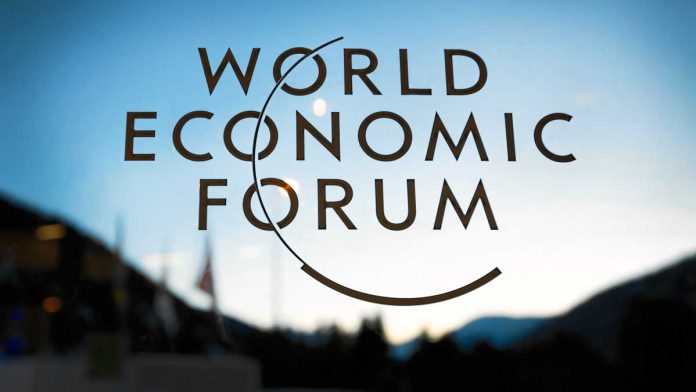The world urgently needs new digital tech, but the new digital tech urgently needs attention. So said the World Economic Forum this week, as it corralled together various private enterprises, public-sector groups, city authorities, and national governments around a ‘global action plan’ to solve challenges with IoT in order to enable effective and equitable digital change.
It published a report alongside, profiling the rising importance – even dependence – on IoT technologies, covering a broad gamut of new connectivity and intelligence terms, ranging from low-level IoT sensors to big-bang 5G and AI. “From vaccine delivery to remote working,” ran the headline. It said: “Internet-enabled devices will shape [the] global covid-19 recovery.”
But both industry types and public-sector leaders want “immediate collective action”, it said, to ensure IoT devices can “fairly benefit and protect society”.
It said: “As the world awaits a Covid-19 vaccine, attention is focused on how to track and safely deliver these temperature-sensitive vaccines to billions of people. [IoT] devices [will] play a central role in this process, as they have throughout the pandemic… As the dependency on connected technologies increases, so do the associated risks and the need for good governance.”
To organise this new tech rush, against these “critical areas”, and in this urgent climate, the World Economic Forum is looking to “mobilize” technologists and governments for IoT to work most effectively and appropriately. Certain prominent names from the tech world are engaged. Qualcomm is probably the best known, but Spanish IoT provider Libelium, which has featured often in these pages, is also involved.
The Zigbee Alliance and the Industrial Internet Consortium are also involved, as are various research institutes and cities, including the likes of University College London and Carnegie Mellon University, and Boston, Buenos Aires, Istanbul, London, Medellín and Mexico City.
There are five critical areas, said the World Economic Forum: ‘transparency and trust’, ‘privacy and security’, and ‘equal access’, plus more strategic working objectives around the application of IoT for planet-focused problems (“solve humankind’s biggest challenges”) and, just, the business of knocking heads together (“global consensus on these critical issues”).
It has published five “action areas” as well, which may or may not correspond directly with these five critical areas. These action areas are geared around ‘increasing education’, ‘improving security’, ‘driving positive impact’, ‘combatting inequity’, and ‘strengthening collaboration’. Probably, they do; it has listed 37 different working projects on six continents across one or other of these two five-category groups.
It highlighted a few. A coalition led by Carnegie Mellon University, the Zigbee Alliance, and Spanish IoT provider Libelium, among others, are looking to “improve the trustworthiness of consumer IoT devices and help consumers better understand the benefits and risks associated with these products” by “building consensus on device safeguards and standards… [for] internet-enabled consumer electronic devices”.
Thirty-six cities around the world including most of those listed above will pioneer a global policy road map for the responsible and ethical use of connected technologies as part of the G20 Global Smart Cities Alliance. This includes the launch of new policies related to privacy, security and digital infrastructure.
Another project has been set up as a public-private partnership, involving Boston, to “increase transparency and signage for the use of digital technologies in public spaces”. Also highlighted; Brazil, Colombia, Kazahkstan, South Africa, and Turkey are to “help build the technological capacity of small and medium-sized enterprises”, with a target to reach 5,000 companies in three years “with new training and support services.”
Stella Ndabeni-Abrahams, minister of digital technologies of South Africa and co-chair of the Global IoT Council, said: “The maturity of governance continues to lag behind the pace of technological change. We must come together and act now to ensure these technologies become a force for shared societal benefit, as opposed to exacerbating existing inequalities.”
Cristiano Amon, president of Qualcomm and co-chair of the Global IoT Council, said: “With t5G and IoT, we are on the cusp of… the Fourth Industrial Revolution and enabling the digital transformation of industries around the world. The combination of these essential technologies has the potential to shape the future of the internet, connecting everything to the cloud. Through the Council’s close collaboration with ecosystem partners, governments and policy-makers, we strive to ensure privacy, security and equity in the design and deployment of IoT systems.”

